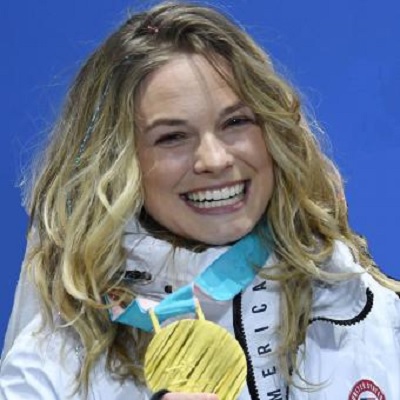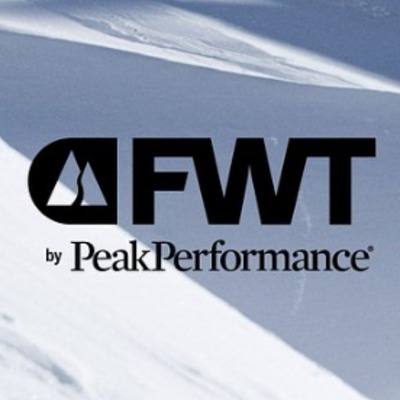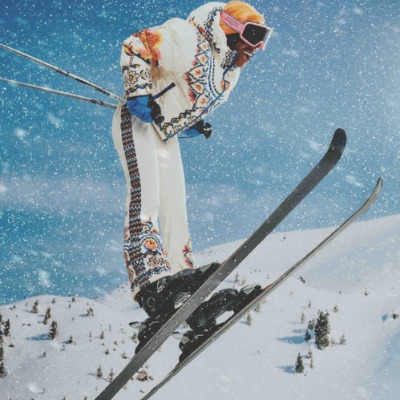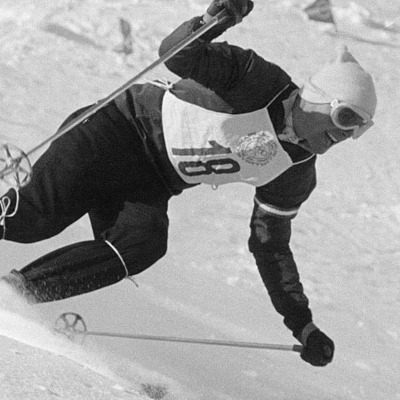Alpine Canada Talks With New Men’s Speed Team Head Coach And Alumnus, John Kucera
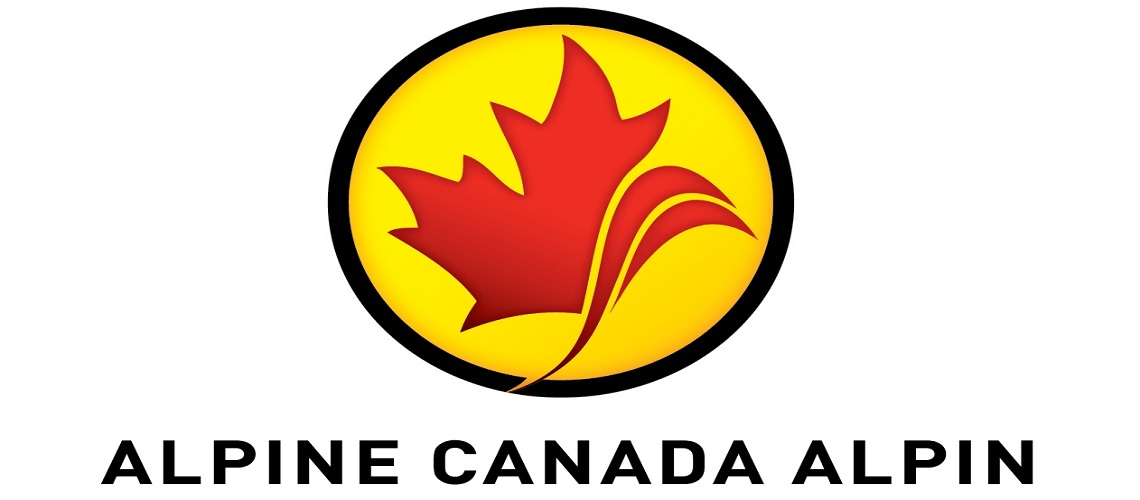
The 2009 downhill World Champion and the first Canadian to win a World Cup race on home snow at Lake Louise, John Kucera, heads into the 2019-20 season as the new men’s speed team head coach, a position he assumed this summer following five seasons of coaching the national men’s team up-and-coming speed racers at the developmental and Europa Cup level.
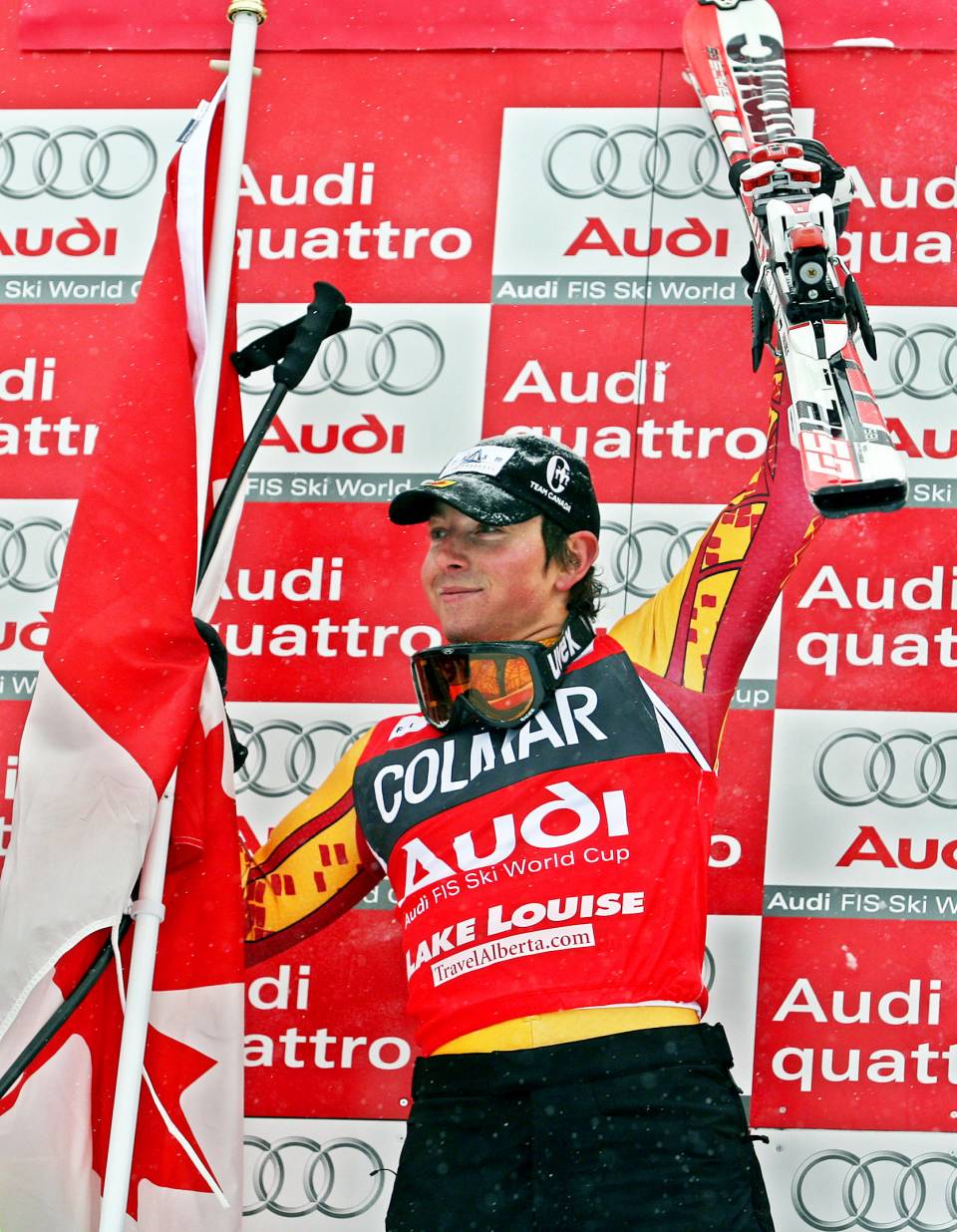
GEPA
The following is the Q&A from a recent sit-down with Kucera, where he talks about his retirement from competition and transition into coaching, as well as his new role and balancing the travel with his family commitments:
Q: Describe your role for the upcoming season and your priorities.
JK: My role is the men’s World Cup speed head coach for the upcoming year. My main priorities are to get those two older boys – Ben Thomsen and Dustin Cook – rolling, and really achieving their goals of being on the podium. And then also facilitating the transition of the new generation of guys coming up now to the World Cup.
Q: What was the transition like for you going from athlete to coach, and what aspects of coaching were you unaware of or surprised you? Or things you wish you’d known about the role of a coach when you were still racing?
JK: I would say the transition was actually quite easy. As an athlete, I thought about skiing with a lot of the same perspective as a coach would. So it’s been an easy transition from that respect. Obviously, there are different challenges – especially as I move up in the coaching world; it becomes less about the coaching, and more about the team, and the planning, and the logistics. So it’s different – it’s a different challenge. It’s fun pushing young guys to achieve (their) goals and their dreams, things I’ve been lucky enough to do (as a ski racer). It gives me a unique perspective, I think, and it’s been a lot of fun.
Q: Do you model yourself after any past coaches, or is there anything you’ve taken from past coaches you use yourself?
JK: I don’t know that I specifically model myself off of anybody, but obviously all of the coaches that I’ve had in my career as an athlete have played a huge role in shaping the kind of coach (that I am) and the kind of athlete that I was. I’m not sure that I have a specific role model in mind but I take things from everybody that I’ve had inputs from and I try to take that and put together my own coaching style so I think that everybody kind of has a piece in it. It’s been pretty cool – I’ve been pretty lucky as an athlete to work with really great coaches so I think that’s definitely helped me be a better coach as well.
Q: What change have you seen in the sport from the time you were competing as an athlete to now?
JK: There are a couple changes. I think first off, there’s a generational shift; the athletes you see now and different from the athletes that maybe we were in the past – both in our approach and other things. The sport’s always evolving – from the equipment side, the setting, the hill prep. So I think that evolution is healthy, and it’s normal, but it’s not drastically different. At the end of the day, I think skiing is an easy sport to get really overcomplicated with. And I think as long as you remember that as long as you’re on your outside ski and you’re moving forward – those things never really change. Has it changed, is it evolving, is it getting faster? It is. But the building blocks and the fundamentals of the sport are the same.
Q: What are your favourite memories – as an athlete, as a coach, or even outside of competition?
JK: [Laughing] Favourite ski memories… I think my win at Lake Louise is probably the big one. It was the realization of a lot of hard work and realizing that I could compete with the best was really cool. Definitely the pinnacle was the World Championships in 2009. There are a lot of great memories, but those are definitely the two standouts.
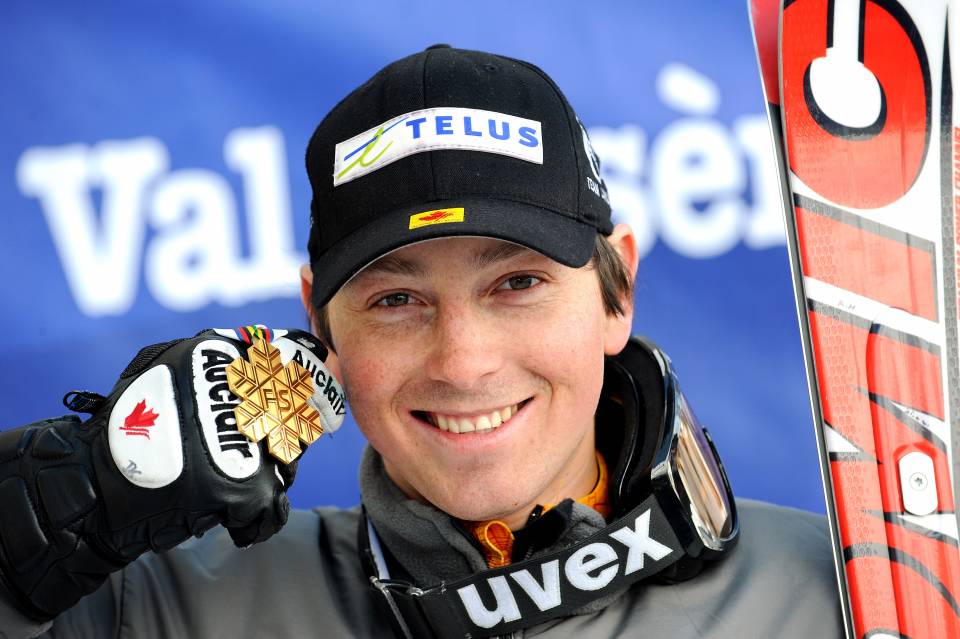
GEPA
Q: With a young family, what approach do you take to help balance the time away with your time at home?
JK: With a young family, I’m still trying to find the balance. As North Americans in ski racing, most of our time is spent on the road. It gets tough, for sure, especially when you have a little one at home, but it’s part of the learning process. I try to maximize my time at home as much as I can and try to be as present with my family as much as I possibly can. We try to do as many activities together as we can. In the winter time when you’re gone you try to connect as much as you can and we live in a great age of FaceTime and Skype and whatever else, so it’s for sure easier than when I was an athlete running around with a phone card to pay phones and trying to make it all work. But it’s a challenge, for sure. It’s a challenge for athletes competing out of North America, and it’s a challenge for coaches working out of North America in this sport.
Q: When did you know you wanted to get into coaching?
JK: Pretty much right after I retired is when I knew I wanted to get into coaching. (When it came to retirement), I thought about it for a full year so I had time to think about my options. I always wanted to go back into skiing and give back in some sort of way. I actually worked with my younger brother when I was injured and wasn’t racing my last season, and I got a taste of it and really enjoyed it, so I knew that it was something I wanted to pursue. I was lucky enough to get a job with the national team right away and had a great group of guys, who made it all that much more fun. Now we’re still here – same group of guys.
Q: How important is it to you to be able to give back to this new group of alpine ski racers?
JK: Being able to give back is pretty special. I hope that I bring a bit of a different perspective and maybe a bit of a different experience than some other coaches may because I was an athlete for such a long time; I came through the system and I did achieve the goals, so I hope to bring that experience and that perspective and help those guys navigate the challenges and the obstacles they might have in their way. Hopefully set a new standard of ski racing for the next century.
Q: How will you measure success this season?
JK: Measuring success this season will be interesting. We have a bit of a diverse group of guys and where they’re at in their careers. For the established veterans of Ben Thomsen and Dustin Cook, the goal is to compete with the best and to try to get on the podium, and that’s what we’re striving for. Those younger guys will definitely be aiming to start getting some consistency when it comes to finishing in the top-30, getting into the points and start establishing them on the World Cup start list. Those are the main goals. If you look even further down, it’s to win NorAm titles and challenging for Europa Cup podiums and starting to get some time at a higher level.
Q: Are there any similarities you see from your group of ‘97s to your national team group of ‘84s with Brad Spence, Manny Osborne-Paradis, Trevor White and all those guys?
JK: I think there are some similarities. Ski racing is a funny sport when you’re watching, even internationally, where there are a lot of ebbs and flows and you have strong generational groups that come through. Right now we’re one of those with the ‘97s and same with when I was racing where it was really ’81 through ’84 that were the stronger years. There are for sure similarities. I think the athletes are different just due to the generational shift, but I think when you see a group of guys that’s this talented, that really are pushing each other to take the next step, and the environment they create with the skill that they have, it’s fun because I do get little snippets every now and again of ‘yeah, that’s kind of what we were like.’ So it’s cool, I hope they achieve what we did. That would be the ultimate goal.
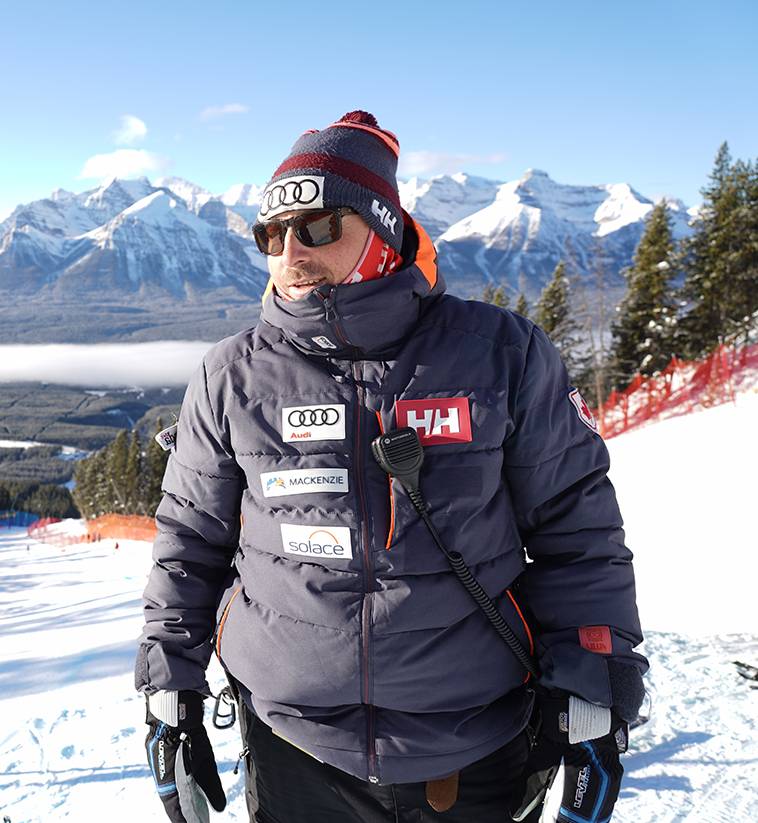
Malcolm Carmichael
Q: After injury, you were only able to get back in the points once. Was this mostly pain-management or a mental battle to come back to the World Cup?
JK: It was probably both. For sure there was a huge psychological (element) coming back from an injury like that. My road back wasn’t easy anyway because I re-broke my leg and then I blew my back, so I kind of missed a window – it wasn’t like one year off, it was basically almost three where I wasn’t able to ski to my full potential. So coming back, it was cool to get in the points at Lake Louise where I broke my leg, and the first race being back, so that was for sure special. And then after that, I think it was just a challenging year. But when you come back from injury, that first year you never really – you work to get back to where you were, and that was the process I was working through. Now, I still had lots of pain, I had some psychological stuff I was dealing with, but the whole plan was that the second year would have been really the marker on if this was going to work or not, and unfortunately, I ended up getting vertigo the next year. So that kind of shut me down, and that’s when I looked at it and thought ‘well, it’s a two-year process. Am I really willing to put in two more years?’ I’d had my fair share of bad luck, so that’s when I decided it was time to step away.
Q: Do you ever wish you could still be competing when you’re on the hill watching the guys compete now?
JK: [Laughing] Surprisingly no, I don’t. I watch it now on the sidelines, and I think ‘you know what, this is kind of great.’ [Laughs] So, no, for me, I think I walked away from the sport at a good time. I don’t miss leaving the start gate anymore. Obviously, it’s fun to jump in and go for a rip, but I don’t miss competing. I think I really enjoy what I do now and helping these other guys pursue their goals.
Q: What do you think has been the biggest challenge or learning curve for you as a coach?
JK: That’s a good question. There’s a lot. Probably group management is a big one. As an athlete, you kind of live in your little bubble and you have this team around you. You want to be a good teammate, but ultimately, it’s you on your own. As a coach, you really want to create the best environment and put this team together in a way that it really works harmoniously, and I think that’s always a challenge because you have different personality types, you have different people, different approaches. Getting everybody on the same page and really striving in the right direction is probably one of the bigger challenges. But I think when you do establish it, then it’s pretty cool because it kind of takes care of itself, which is kind of fun.










